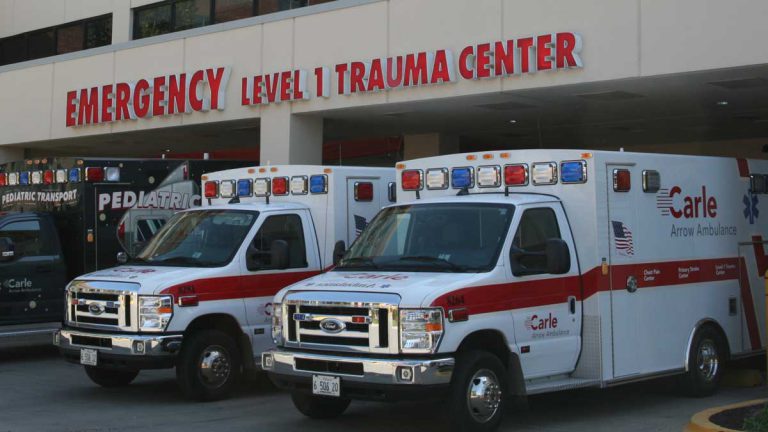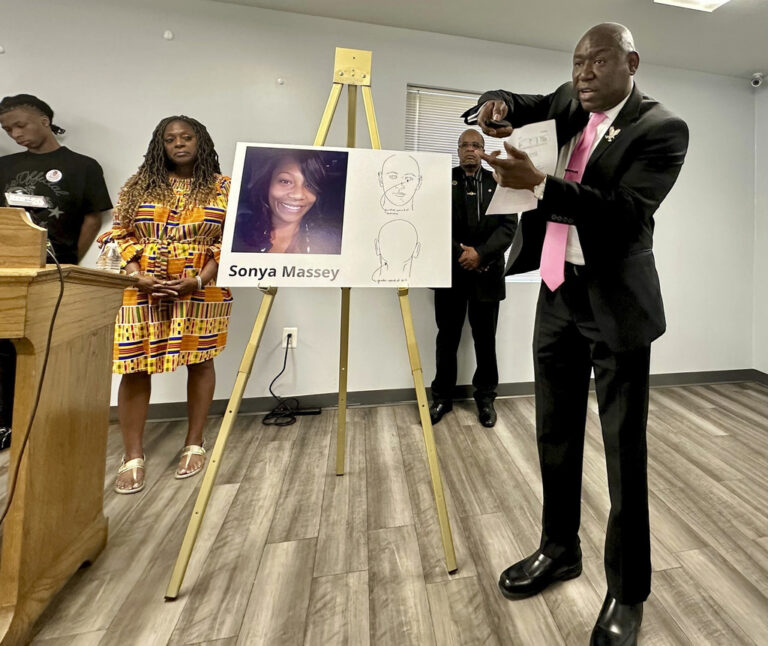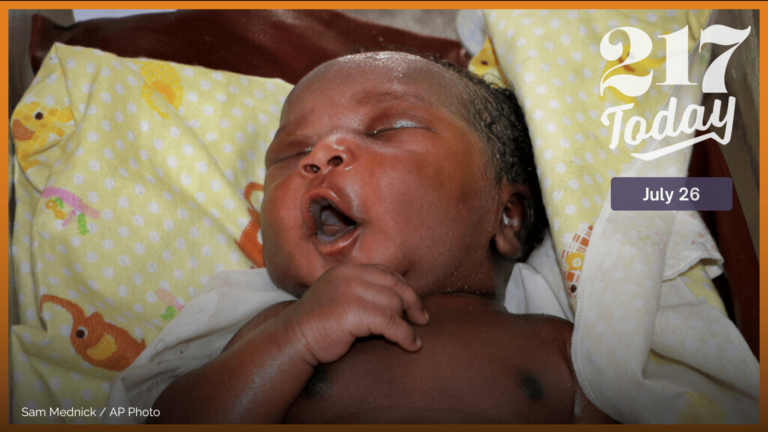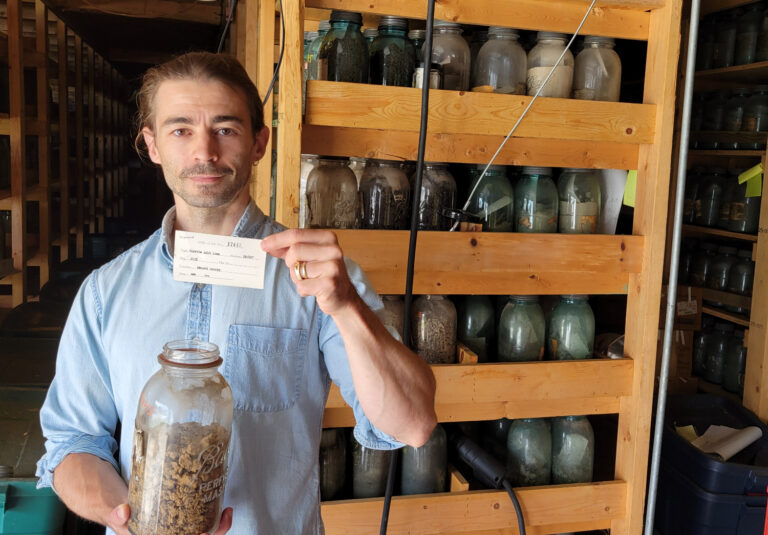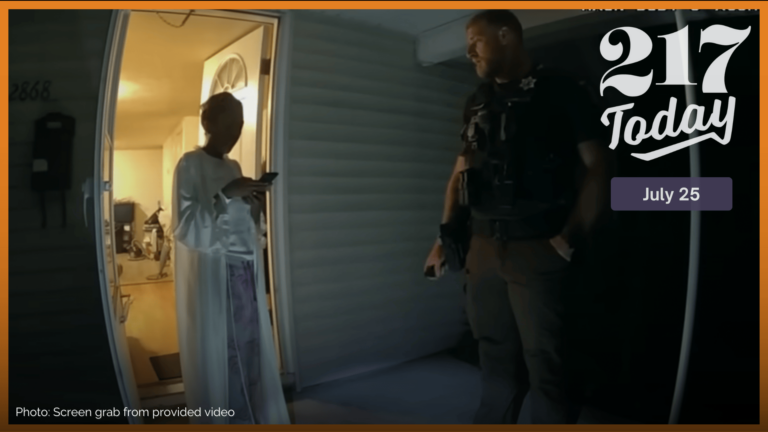URBANA – Converting adult intensive care beds, and naming nurse teams after Hogwarts houses – these are just a couple of the ways Carle Hospital in Urbana is weathering a surge of respiratory infections among children this winter.
As COVID-19 precautions have waned, other respiratory viruses like respiratory syncytial virus (RSV) and influenza have spread rapidly among both adults and children. In children, the viruses cause congestion in the lungs, called bronchiolitis.
“This year, we started to see cases way earlier than normal,” said Brent Reifsteck, medical director of children’s services at Carle Hospital. “And our rates of infection — specifically with RSV but also all causes of bronchiolitis — are much higher than peaks in previous years.”
How is Carle Hospital preparing for more sick kids?
Nearly all the usual pediatric beds at Carle Hospital are full, according Reifsteck.
On Monday, Carle was caring for children in 20 out of 22 pediatric hospital beds. All but one of the patients had respiratory illnesses, and 15 of those had RSV. Eight of the total pediatric patients were in intensive care.
Since the medical profession expected a surge like this, Carle was prepared, Reifsteck says.
Carle created a designated overflow unit with about 10 to 11 extra beds and staff trained in caring for pediatric patients.
The hospital asked former pediatric nurses who had moved on to other jobs in the system to return to the pediatric units. Reifsteck says 14 nurses have responded to that call. The hospital has also arranged to bring in more traveling nurses.
In addition, the Urbana hospital is working with Carle-affiliated hospitals in other areas to establish pediatric units.
Those other four Carle hospitals don’t currently admit kids, Reifsteck says.
“Across the state of Illinois, our number of total pediatric beds has decreased over time. Part of that is that smaller hospitals that once kept kids just didn’t have the volume to keep up their competencies and keep up their ability to safely take care of those kids,” says Reifsteck.
Reifsteck says this decrease has been exacerbated by COVID-19. Pediatric units lent resources to adult units, which were hit harder by the virus.
“It’s slow to come back because nobody knows if we’re really done with COVID or not,” Reifsteck says.
The two other Carle hospitals that might start admitting children are Carle BroMenn Medical Center in Normal and Carle Richland Memorial Hospital in Olney.
“All of this has the overreaching goal of trying to maximize our capacity here so that we can safely take care of as many kids as we possibly can, and avoid a situation where we have to send children hundreds of miles away,” Reifsteck says.
Reifsteck says hospitals in Chicago and Wisconsin are already calling Carle to do just that, because they are out of beds.
According to the Illinois Department of Public Health, East Central Illinois hospitals have about 27 percent of its adult, intensive care beds available – more than anywhere in the state except the west Chicago suburbs.
For IDPH’s purposes, East Central Illinois includes counties east of DeWitt County and between Iroquois County in the north and Lawrence County in the south.
“In the last three weeks, we’ve gotten so many calls, and some of them we can answer and some of them we cannot,” Reifsteck says.
How are nurses doing?
Reifsteck says that despite the surge in cases, nurses feel less drained than during the spikes in COVID-19 cases that have occurred since the pandemic began.
“A lot of, really the hardest parts of COVID-19 were when medical staff were dealing a lot with death,” Reifsteck says. “It really sucks to watch a kid be sick. But man, one of the greatest things about being a pediatrician is kids just get better.”
Hospital stays for bronchiolitis last two to three days on average, Reifsteck says. The youngest infants are more likely to stay longer, as are children with Down syndrome, heart defects and other underlying conditions.
Reifsteck says nurses do get burnt out, so nurse leadership tries to make work more fun.
“The nurse leaders divided our whole staff into four groups, and each of them are given names of a house at Hogwarts. And points are given and taken away just like Hogwarts,” says Reifsteck. Hogwarts is the wizarding school in the Harry Potter books.
He says this is particularly important when nurses have to move over to the overflow unit, which feels less familiar.
“On any given shift, Hufflepuff gets floated to the overflow, or Gryffindor gets floated over to the overflow. And so that takes something that’s just not so much fun and gives it a feel of whimsy and pediatric magic,” Reifsteck says.
Emily Hays is a reporter for Illinois Public Media. Follow her on Twitter @amihatt.

